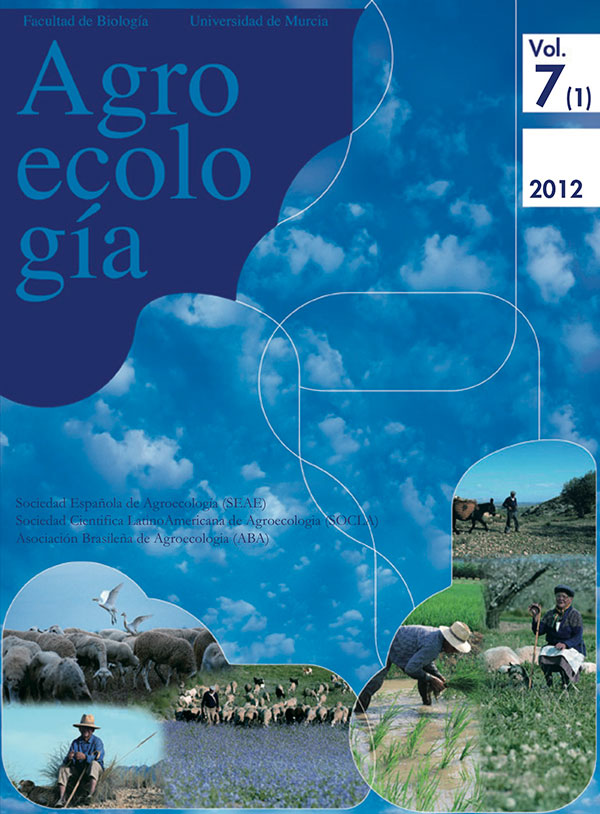Enhancing crop productivity via weed suppression in organic no-till cropping systems in Santa Catarina, Brazil
Abstract
Family farmers in Southern Brazil modified the conventional no-till system by flattening cover crop mixtures on the soil surface as strategy to reduce soil erosion and lower fluctuations in soil moisture and temperature, improve soil quality, and enhance weed suppression and crop performance. From 2005 to 2008 three field experiments were done to understand the processes and mechanisms associated in successful organic conservation tillage systems (OCT), especially the underpinnings of ecological weed suppression, a key advantage of OCT systems over conventional no-till systems.The field experiments results as well as farmers observations suggest that cover crops can enhance weed suppression and hence crop yield productivity through physical interference, allelopathy and also a host of effects on soil quality. Results from the trials indicate that: the best cover crops mixture should include a significant proportion of rye, vetch and fodder radish; the mixtures should produce large quantities of biomass; the cover crops and mixtures should be easily suppressed by rolling in order to cover the soil with a thick mulch layer.Downloads
Las obras que se publican en esta revista están sujetas a los siguientes términos:
1. El Servicio de Publicaciones de la Universidad de Murcia (la editorial) conserva los derechos patrimoniales (copyright) de las obras publicadas, y favorece y permite la reutilización de las mismas bajo la licencia de uso indicada en el punto 2.
2. Las obras se publican en la edición electrónica de la revista bajo una licencia Creative Commons Reconocimiento-NoComercial-SinObraDerivada 3.0 España (texto legal). Se pueden copiar, usar, difundir, transmitir y exponer públicamente, siempre que: i) se cite la autoría y la fuente original de su publicación (revista, editorial y URL de la obra); ii) no se usen para fines comerciales; iii) se mencione la existencia y especificaciones de esta licencia de uso.
3. Condiciones de auto-archivo. Se permite y se anima a los autores a difundir electrónicamente las versiones pre-print (versión antes de ser evaluada) y/o post-print (versión evaluada y aceptada para su publicación) de sus obras antes de su publicación, ya que favorece su circulación y difusión más temprana y con ello un posible aumento en su citación y alcance entre la comunidad académica. Color RoMEO: verde.





